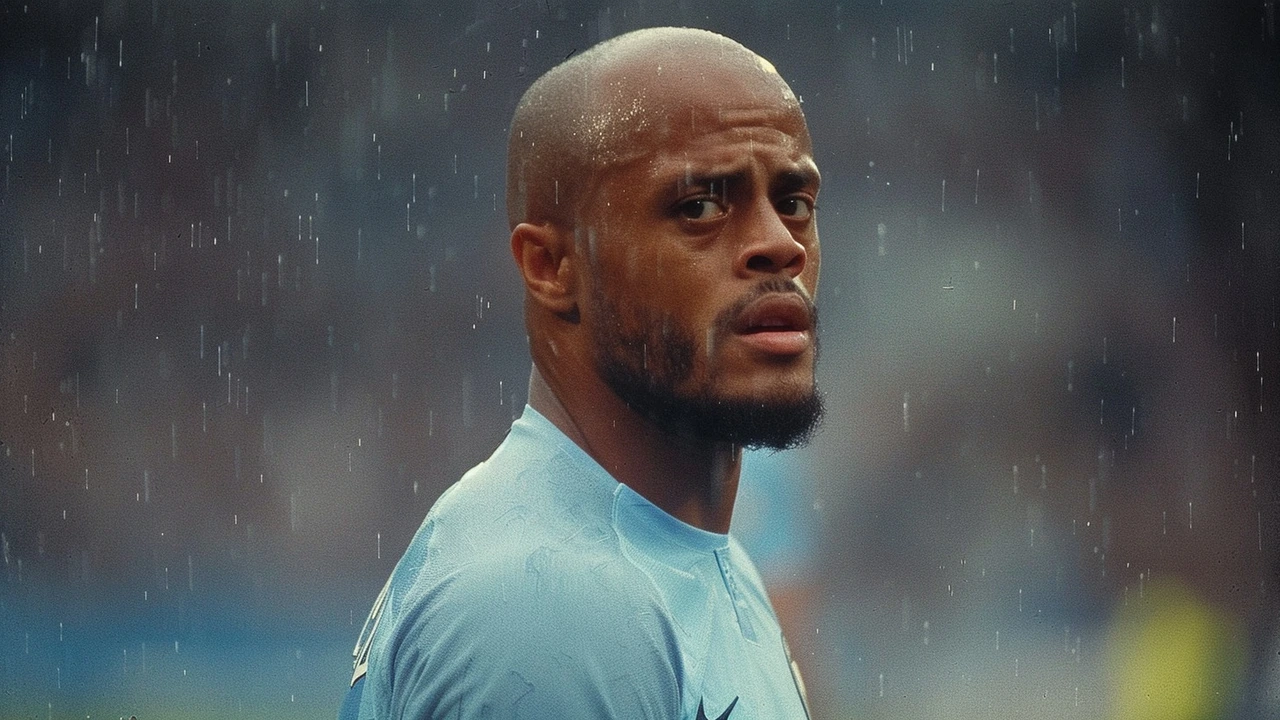Football Management: Transfers, Tactics and Club Decisions
Football management isn't just who picks the starting XI. It's about transfers, refereeing moments, squad planning and how bosses react under pressure. Watch Manchester United sign teenagers or clubs reshuffle squads in summer — those choices shape a season.
Take Leny Yoro’s move to Manchester United. A 19-year-old arriving from Lille brings raw talent and questions. The manager must protect him from pressure, slot him into a backline that needs rebuilding and manage expectations from fans and media. That single transfer changes training focus and match plans.
Other teams show different problems. Simone Inzaghi overhauled Inter Milan’s approach after a derby loss, dropping guaranteed starters and demanding performance consistency. That kind of shake-up can revive form or unsettle the dressing room. Timing matters — making changes too early or too late rewires team rhythm.
Transfers and Squad Management
Small clubs move differently to giants. Peterborough United signed Tayo Edun and Sam Hughes to patch defensive gaps while navigating loans and contract talks. For lower-budget clubs, smart signings and clear contracts matter more than big fees. Managers have to balance short-term results with future stability.
Fixture congestion and tournaments shape decisions too. Clubs in global competitions like the FIFA Club World Cup travel, rest players and tweak tactics. Inter Milan beating River Plate or Flamengo facing Bayern tests squad depth and reveals tactical priorities. Managers pick which competitions to prioritise and which players to rest.
Refereeing, Form and Fan Pressure
Refereeing decisions can derail a manager’s plan. Arsenal’s fury over calls in the Champions League shows how key matches hinge on officials. Managers must coach players to cope with controversial moments and prepare fallback plans when decisions go against them.
Then there’s weather, travel and fan mood. A Liverpool vs Manchester United match played in heavy snow still went ahead, forcing managers to adjust plans on short notice. Those moments show the need for flexible tactics and clear communication with players.
Good management also involves smart youth integration and contract clarity. Pairing young signings with experienced leaders reduces mistakes. Clear contracts, like attempts to extend Tayo Edun’s deal at Peterborough, keep squads stable. And local conditions — carnival clashes, police limits or TV schedules — can force fixture changes that managers must navigate.
If you follow football closely, watch three things: who a club signs, how the coach adapts tactics after setbacks, and how management handles off-field factors like referees and scheduling. Those signals tell you if a team is building for now or for the future.
Football management is messy, fast and public. But when it works, a single smart decision — a signing, a tactical tweak, or a calm reaction to controversy — can change a season. Keep an eye on the moves behind the scenes; they often matter more than one game.
Quick checklist for fans and bettors: watch summer signings, monitor manager comments after losses, note rotation during cup runs, track refereeing controversy and fixture changes, and follow youth promotions. This gives a clearer picture of club direction and future transfer plans today.

Bayern Munich Set to Appoint Vincent Kompany as New Manager Amidst Major Overhaul
Keabetswe Monyake May 23 10Bayern Munich are on the cusp of naming Vincent Kompany as their new manager, following a turbulent season and the departure of Thomas Tuchel. Kompany's prior Bundesliga experience and language skills appear to be key factors in his selection, despite Burnley's recent relegation under his stewardship. Bayern Munich had seen several rejections before settling on Kompany.
More Detail